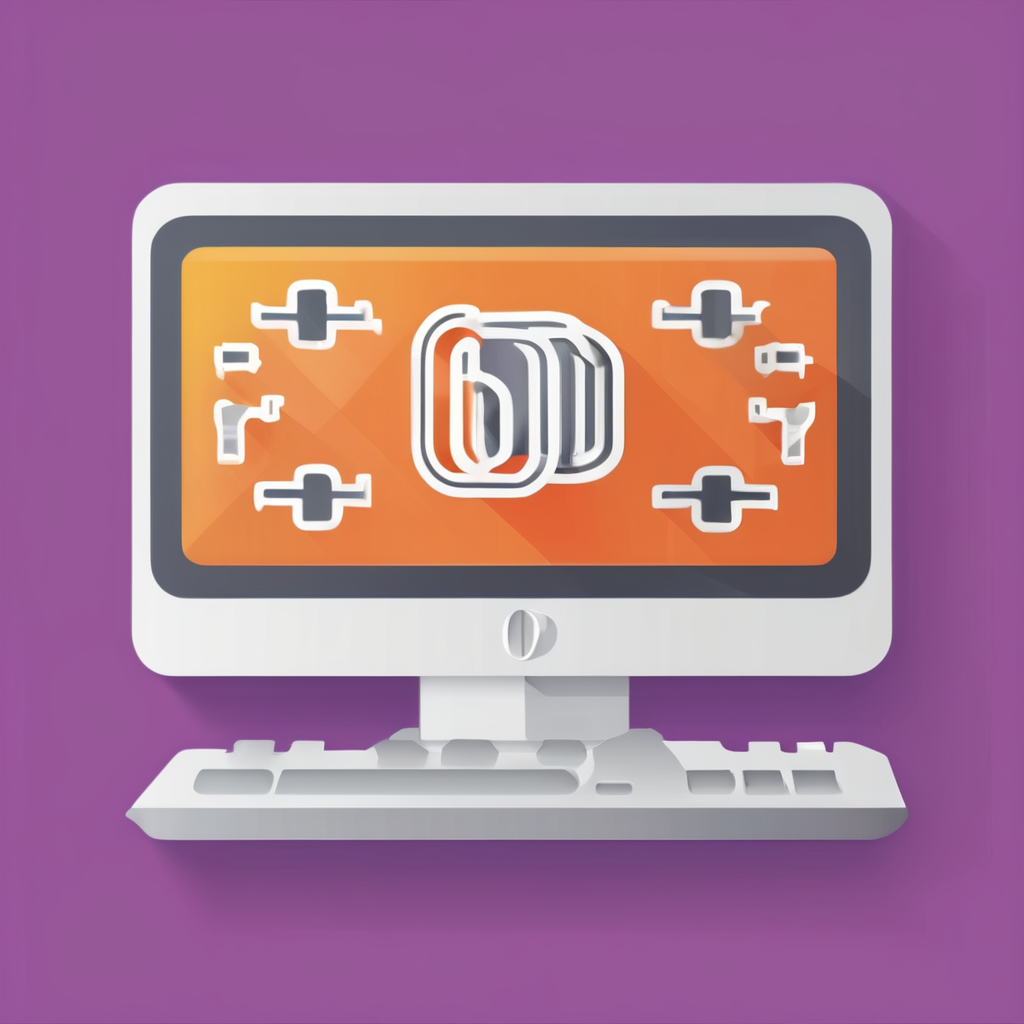Exploring the Latest UK Hardware Innovations
The latest UK computer hardware landscape is marked by rapid evolution and breakthrough technology that addresses modern computing demands. Among these advancements are faster processors designed for efficiency and power savings, catering to both consumer and enterprise needs. The UK tech sector has also seen significant strides in energy-efficient GPUs and innovative cooling solutions, aligning with global trends towards sustainability.
Emerging new hardware trends influencing the UK market include the adoption of modular designs and enhanced AI processing capabilities embedded directly into chips. These trends are reshaping how devices handle data and improve overall performance. Additionally, edge computing hardware is gaining momentum, supporting low-latency applications crucial for industries like healthcare and finance.
Also read : What Trends Are Shaping the Future of Computing Hardware?
UK tech advancements are exemplified by pioneering companies introducing products that integrate cutting-edge semiconductor technologies with smart software ecosystems. Leading UK brands consistently push boundaries, offering tailored hardware solutions optimized for emerging digital challenges. This dynamic innovation environment keeps the UK competitive on a global scale. Understanding these developments helps consumers and businesses make informed choices in a rapidly changing hardware marketplace.
Essential Components for a Superior Computing Experience
Choosing the best UK CPUs and UK GPUs is vital for building a high-performance system. In the UK market, AMD Ryzen and Intel Core processors remain dominant, offering a range of options from budget-friendly models to powerful, multi-core processors for gaming and content creation. AMD’s Ryzen 5000 and Intel’s 12th Gen Core series push the envelope with improved clock speeds and energy efficiency.
Also to discover : How Can UK Computing Advances Influence Future Hardware Innovations?
When discussing UK GPUs, Nvidia’s RTX 30-series and AMD’s RX 6000-series stand out. These GPUs deliver excellent graphics rendering, ray tracing, and AI processing capabilities, crucial for gaming and professional workloads alike.
Beyond processors and graphics cards, top computing peripherals such as mechanical keyboards, precision mice, and high-refresh-rate monitors significantly elevate productivity and gaming immersion. For example, peripherals featuring customizable RGB lighting and ergonomic designs cater to user comfort and performance.
Selecting components involves considering budget, usage scenarios, and availability within the UK. Compatibility between CPUs, GPUs, and peripherals ensures a cohesive system tailored for either high-speed gaming, content creation, or everyday computing needs.
Benefits and Impact of Upgrading Hardware
Upgrading hardware can significantly enhance computing performance UK users experience daily. The latest hardware upgrade benefits include faster processing speeds, improved multitasking capabilities, and increased system reliability. These improvements translate directly into smoother performance whether you’re working on complex projects, gaming, or simply navigating multiple applications simultaneously.
For creative professionals, updated hardware means better support for demanding software like video editing or 3D rendering tools, reducing wait times and boosting productivity. Gamers similarly benefit from upgraded graphics cards and processors, leading to higher frame rates and more immersive gameplay.
Moreover, system reliability improves with modern components designed to run cooler and last longer, minimizing crashes and downtime. This increased stability is invaluable for both personal and professional environments.
The usability enhancements offered by hardware upgrades often extend to better connectivity options, more efficient power management, and compatibility with new peripherals. These benefits collectively create a more seamless and responsive computing experience across all use cases, highlighting why investing in hardware upgrades is a strategic choice for anyone seeking long-term performance gains.
Compatibility and Installation Tips for UK Buyers
When building or upgrading a PC in the UK, hardware compatibility is paramount. UK buyers should verify that components, such as motherboards and power supplies, meet local standards and support UK-specific hardware requirements. This avoids issues like incompatible power connectors or voltage mismatches.
For smooth installation, attention to detail is crucial. Common pitfalls include neglecting BIOS updates before installing new CPUs or failing to check RAM specifications against motherboard limits. These oversights can lead to system instability or failure to boot.
UK users benefit from numerous resources tailored to their market. Reputable online forums and tech support channels often address region-specific concerns, from hardware sourcing to warranty nuances. Utilizing these platforms can streamline troubleshooting and ensure access to quality replacement parts.
Ensuring hardware compatibility UK and following expert installation advice boosts the success of any PC build or upgrade. Careful planning avoids common installation errors and maximizes system performance tailored to UK needs. This proactive approach is an investment in long-term reliability and user satisfaction.
Where to Buy: Trusted UK Hardware Retailers and Price Ranges
When considering where to buy UK hardware, it’s essential to know the most reputable UK hardware retailers. Popular choices include well-established names known for reliable stock and competitive pricing. These retailers offer a broad range of components, from entry-level computer hardware prices UK to the latest high-end models.
Choosing between online vs in-store shopping involves weighing convenience against immediate product access. Online options provide extensive selections and frequent deals, while in-store visits allow hands-on inspection and instant pickup.
For UK consumers, computer hardware prices in the UK vary widely. Entry-level components might start at affordable price points, while enthusiasts seeking top-tier hardware should expect to pay a premium. Smart shoppers can monitor seasonal sales and price comparison tools to catch the best deals.
Understanding these aspects empowers buyers to select the optimal purchasing channel and budget, ensuring a balance between quality and price. Keeping up with trusted UK hardware retailers also helps avoid counterfeit or substandard products. This informed approach lets you confidently navigate the market for your computer hardware needs.
Advice for Beginners and Advanced UK Users
Navigating a UK PC upgrade guide can feel overwhelming for beginners. Start by identifying your current hardware’s limitations, then prioritize upgrades based on your needs. For example, increasing RAM or switching to an SSD often yields noticeable performance boosts. Beginners should also ensure compatibility between components—motherboards and CPUs need matching socket types, and power supplies must handle increased demand.
Advanced users seeking to maximise performance should focus on fine-tuning settings and choosing high-quality hardware. Overclocking CPUs or GPUs can offer significant speed improvements but requires careful cooling solutions to maintain longevity. Employing reliable thermal paste and investing in advanced cooling systems—such as liquid cooling—can protect your PC during intensive use.
Both beginners and advanced upgraders benefit from community-driven resources and local UK tech forums for ongoing support. These platforms provide updated advice tailored to UK-specific hardware availability and pricing. Keeping your system drivers and BIOS updated also ensures compatibility and peak performance.
This approach helps users at any skill level confidently enhance their PCs while considering both immediate improvements and long-term reliability.

